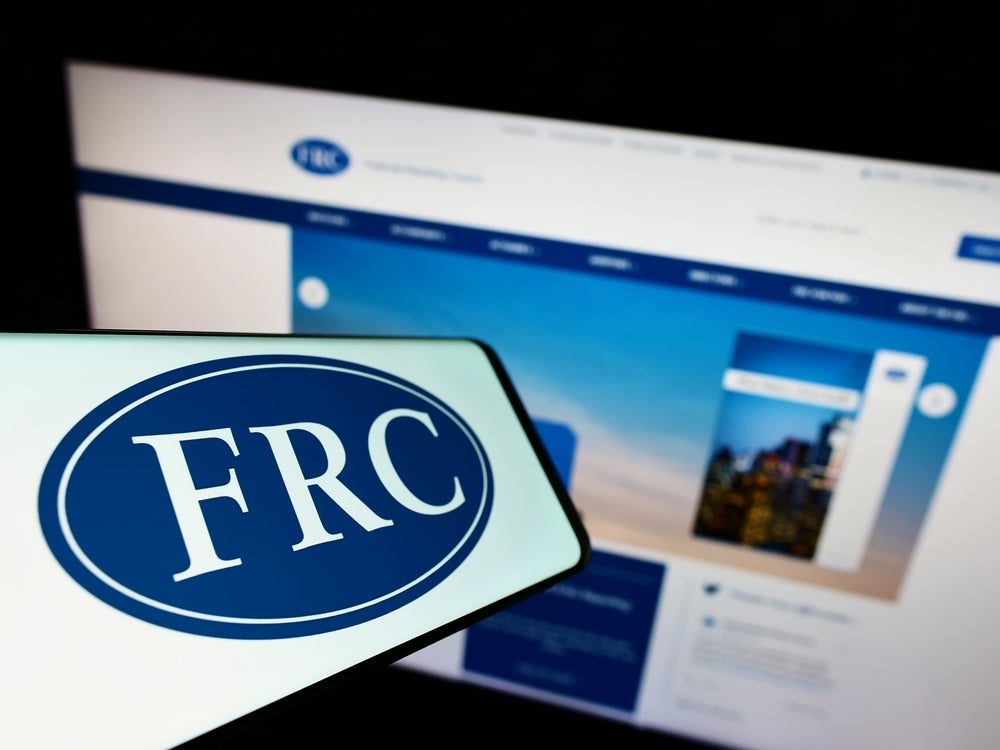The UK’s Financial Reporting Council (FRC) and the Department for Business, Energy and Industrial Strategy (BEIS) have published letters for auditors and accountants to provide information in case of a no-deal Brexit.
As it stands, the UK is due to leave the EU at 11pm on 29 March and, with only 32 days to go, there is not yet a deal in place on the future relationship between the EU and the UK.
The FRC and BEIS said: “If you are approved to conduct audit work in the EEA based on a UK audit qualification, then you need to urgently contact the competent authority in the EEA State(s) where you are currently approved to find out whether UK qualifications will continue to be recognised on and after 30 March. You need to do this for each EEA state where you have an approval.”
While recognition may continue and no further action will be needed to be taken, it could be that the competent authority in the EEA state where the auditor is currently approved will no longer recognise UK audit qualifications.
In this scenario, the auditor will have to re-establish its eligibility to carry out statutory audit work in that EEA state.
This may require the auditor to complete a new aptitude test or requalify by sitting some or all the examinations and also to meet any other requirements needed to obtain an audit qualification.
How well do you really know your competitors?
Access the most comprehensive Company Profiles on the market, powered by GlobalData. Save hours of research. Gain competitive edge.

Thank you!
Your download email will arrive shortly
Not ready to buy yet? Download a free sample
We are confident about the unique quality of our Company Profiles. However, we want you to make the most beneficial decision for your business, so we offer a free sample that you can download by submitting the below form
By GlobalDataIn the case of ongoing audits, where the auditor is expected to sign the audit report after exit day, the auditor will have to check with the authority in the jurisdiction in which that company is incorporated to check whether or not it can do so in accordance with local law.
If the auditor is not permitted to sign off an audit report, the auditor may have to resign as that client’s auditor so that the client can appoint a new auditor which is registered as a statutory auditor in that country.
This new auditor could be a firm that is part of the original firm’s network or could be an unrelated firm.
EEA auditors
EEA qualified auditors working in the UK that are not already registered as a statutory auditor in the UK will be able to continue due to a transitional period which will allow for EEA registered auditors up until 31 December 2020 to begin the process of obtaining eligibility to practise in the UK by passing an aptitude test.
However, the situation is different for auditors from the Republic of Ireland. The letter said: “Auditors from the Republic of Ireland will not be affected, and most will not need to sit an aptitude test as their audit qualification is recognised by professional bodies that are recognised in both the UK and Republic of Ireland.
“The only Republic of Ireland auditors that will need to sit an aptitude test are those that are qualified as members of CPA Ireland.”
In January this year, the Irish Auditing and Accounting Supervision Authority wrote to leading UK firms to inform them that in the event of a no-deal Brexit, UK audit firms will have to register as third-country auditors to continue their operations in Ireland or for Irish clients.





